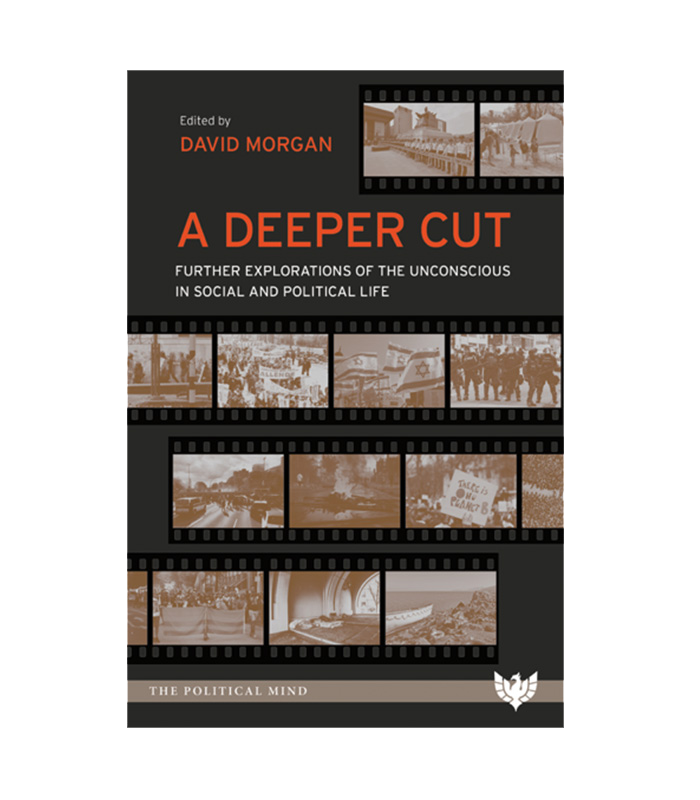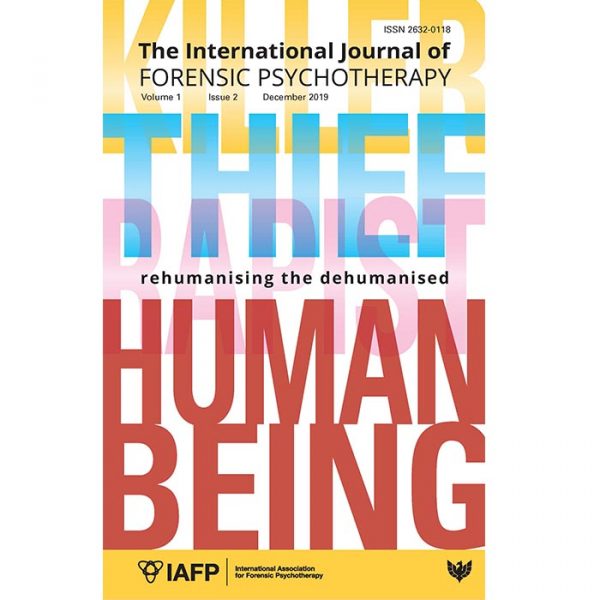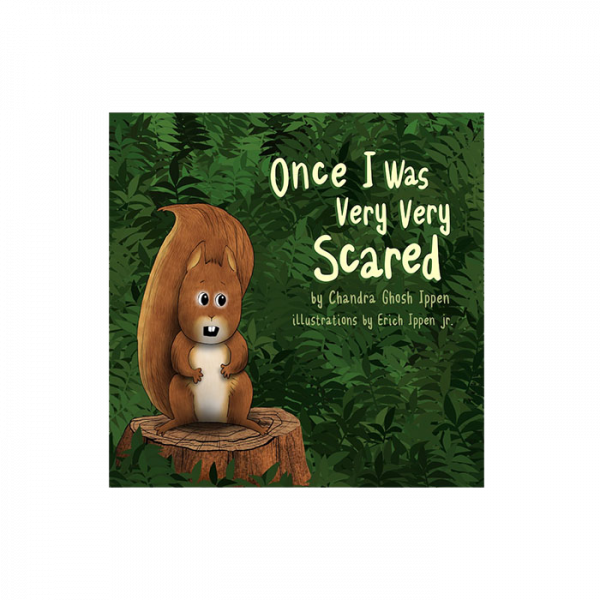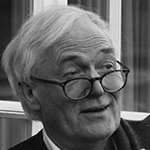ACKNOWLEDGEMENTS
PERMISSIONS
ABOUT THE EDITOR AND CONTRIBUTORS
INTRODUCTION
David Morgan
CHAPTER ONE
Understanding right and left populisms
Samir Gandesha
CHAPTER TWO
“Ill fares the land”: reflections on The Merchant of Venice—a tale for modern times
Margot Waddell
CHAPTER THREE
Psychoanalysis, colonialism, racism
Stephen Frosh
CHAPTER FOUR
Consultancy on deregistration to a care home for the long-stay mentally ill: you can take Stig out of the dump, but can you take the dump out of Stig?
Liz Greenway
CHAPTER FIVE
Power and the manipulation of the masses: Third World perspectives
Edgard Sanchez Bernal
CHAPTER SIX
Whistle-blowers—moral good or self-interest? The psychological dimensions of defying a perverse or corrupt authority
David Morgan
CHAPTER SEVEN
Alice Miller on family, power, and truth
Luisa Passalacqua and Marco Puricelli
CHAPTER EIGHT
Diversity: notes from the inside and from the outside
Tomasz Fortuna
CHAPTER NINE
George Orwell: politics and the avoidance of reality
Roger Hartley
CHAPTER TEN
In the union: the psychodynamics of solidarity
Elizabeth Cotton
CHAPTER ELEVEN
On the psychology of religious fundamentalism
Lord John Alderdice
CHAPTER TWELVE
The politics of NHS psychiatry
Kate Pugh
CHAPTER THIRTEEN
Psychoanalytic activism: historical perspective and subjective conundrums
Mary-Joan Gerson
CHAPTER FOURTEEN
The rise of the new right: psychoanalytic perspectives
Elisabeth Skale
CHAPTER FIFTEEN
Lord of the flies: a psychoanalytic view of the gang and its processes
(Winner of the 2020 Gavin MacFadyen Memorial Essay Prize)
Mark Stein
INDEX





 David Morgan is a consultant psychotherapist and psychoanalyst fellow of the British Psychoanalytical Society. He is also a training analyst supervisor at the British Psychoanalytic Association, and a lecturer recognised nationally and internationally. He co-edited Violence, Delinquency and Perversion (2007) and has authored many publications and chapters, most recently ‘Inflammatory Projective Identification in Political and Economic Terrorism’ in Psychoanalytic Psychotherapy (2018), as well as ‘The Return of the Oppressed’, a speech given at the Warsaw EPF Conference (2018). He is currently a director of Public Interest Psychology Ltd as well as a member of the IPA committee on Humanitarian Organisations. He has been the chair of ‘Political Minds & Frontier Psychoanalyst’, a radio broadcast series on Resonance FM.
David Morgan is a consultant psychotherapist and psychoanalyst fellow of the British Psychoanalytical Society. He is also a training analyst supervisor at the British Psychoanalytic Association, and a lecturer recognised nationally and internationally. He co-edited Violence, Delinquency and Perversion (2007) and has authored many publications and chapters, most recently ‘Inflammatory Projective Identification in Political and Economic Terrorism’ in Psychoanalytic Psychotherapy (2018), as well as ‘The Return of the Oppressed’, a speech given at the Warsaw EPF Conference (2018). He is currently a director of Public Interest Psychology Ltd as well as a member of the IPA committee on Humanitarian Organisations. He has been the chair of ‘Political Minds & Frontier Psychoanalyst’, a radio broadcast series on Resonance FM.
Eli Zaretsky, Professor of History, New School for Social Research –
‘A Deeper Cut, with its studies of race, anti-Semitism, populism, and the New Right, illuminates the power of the unconscious in group life. It shows that psychoanalysis, once relegated to therapeutic practice, has become an exciting form of social thought.’
Vamik D. Volkan, Professor Emeritus of Psychiatry, President Emeritus of International Dialogue Initiative, past President of International Society of Political Psychology –
‘The focus of this book is on a deeper understanding of the world in which we live. Societal and political events examined and explained include colonialism, racism, societal and national divisions, the emergence of right-wing parties in Europe, religious fundamentalism, street gangs, trade union activities, and mental health services. Psychoanalysts and psychoanalytically informed contributors also explore the psychology of whistle-blowers, how certain traumatic experiences in childhood affect the development of cruel political leaders’ personality organisation, the impact of different losses on societal movements, the relationship between internal values and external rules, and psychoanalytic activism. Reading this far-reaching book will be an enriching experience and I believe it will help the reader think about how the impact of the Covid-19 pandemic will influence shared human behaviour.’
Rachael McKeown, psychodynamic counsellor, SCAP no. 141 (Summer 2021) sussex-counselling.co.uk –
‘As with the first volume, this book offers us a valuable way to approach politics and delivers – as the title says – a deeper cut.’
Jane Cooper, former senior counsellor at the University of Cambridge – Therapy Today Oct 2021 –
‘I highly recommend this book; it has helped me to keep thinking while listening to the news, to recognise projective patterns in political events, to value complexity over splitting, and, above all, to treasure negative capability – the capacity to tolerate uncertainty.’